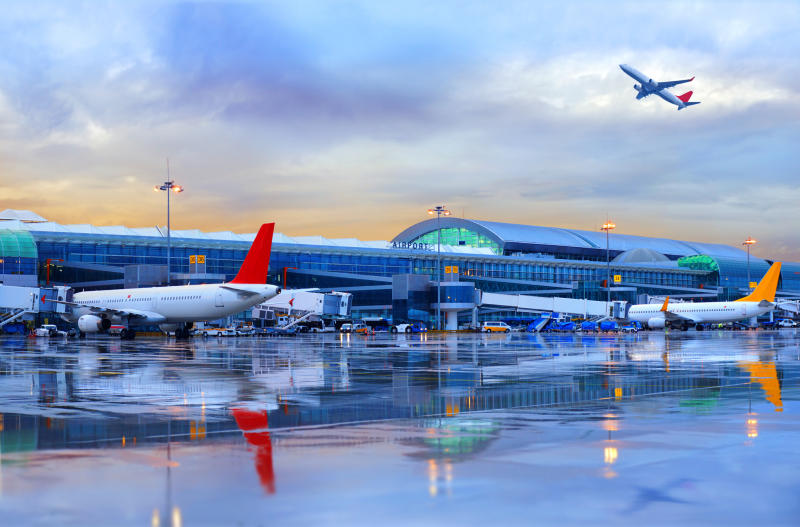How The Hague court of arbitration for aviation works
It serves the global aviation industry by providing specialised mediation services customised for the specific dispute resolution. Eunice Nyiero info@airspacenews.co.ke Introduction In July 2022, The Hague Court of Arbitration for Aviation (The Hague CAA) launched at the Farnborough International Air-show in service of global aviation industry. Established as a foundation under Dutch law, The Hague CAA operates on a non-profit basis. It performs its essential duties for the benefit of the global aviation industry totally independently and impartially, with no allegiance to any industry participant or special interest group over another. The Netherlands Arbitration Institute (NAI), which was established in 1949, is the sole administrating body for disputes referred to The Hague CAA for resolution under the arbitration and mediation rules of The Hague CAA. NAI provides judicial supervision of all arbitration and mediation proceedings, and all such proceedings always emanate from the agreement of the parties thereto. The Hague CAA is seated in The Hague, Netherlands. PURPOSE Arbitration has increasingly become a standard method for resolving both national and international disputes in many specialised areas such as maritime, insurance, construction, e-commerce etc where the arbitrators’ technical expertise is critical. The Hague CAA serves the global aviation industry by providing and promoting specialised arbitration and mediatwdispute resolution requirements of industry participants. The Hague CAA is focused exclusively on enabling the fair, private, expedited, cost-effective, binding and enforceable resolution of commercial and private aircraft operating, trading, leasing and financing - related contractual disputes. While adjudicating over disputes, The Hague CAA also provides deep aviation expertise and market awareness for the benefit of the global aviation industry, totally independently and impartially, with no allegiance to any industry participant or special interest group over another. The Hague CAA thus provides a neutral and private forum for consensual arbitration (the private, final, binding resolution of aviation contractual disputes by impartial specialised tribunals focused on ensuring the enforceability of their arbitral awards in over 160 countries pursuant to the New York Convention) and or voluntary mediation (the private conciliation-focused settlement of aviation contractual disputes, especially those involving technical subject matter, by impartial specialised facilitators). RULES The Hague CAA started accepting requests for arbitration or mediation since August. Its arbitration and mediation clauses, rules, forms and fee tables can be found on its website (https://haguecaa.org/organization.html). Its initial arbitration rules entail (i) A tribunal composition with the parties having the option to appoint qualified co-arbitrators from the aviation markets with a tribunal chair being a senior experienced arbitrator. (ii) Robust interim measures. (iii) An expedited procedure leading to a final and binding award within six (6) months from the case management conference. The initial rules are now undergoing final consultative and approval processes. They will be subjected to ongoing industry and arbitration community consultation with a view to yet further innovation. CONCLUSION In the years to come, The Hague CAA will play an increasing role in resolving complex and technical aviation disputes on a global scale since aviation is itself international in nature. It will also expand its scope to become a leading specialised arbitration and mediation forum for contractual disputes in the global aerospace sectors - from advanced air mobility to the space industry.

